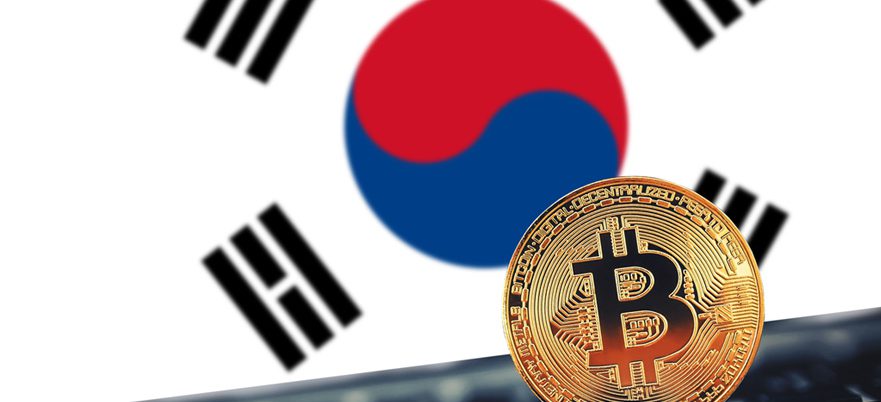|
Getting your Trinity Audio player ready...
|
The South Korean government is all set to put its ban on anonymous cryptocurrency accounts into effect by as early as January 20, as part of its measures to cool rampant cryptocurrency markets.
According to local sources on Tuesday, the government is nearly ready with a system designed to give effect to the ban, which it is hoping to roll out over the next couple of weeks.
The move comes after announcements made last week, where the South Korean authorities outlined a number of possible measures for taking control of domestic cryptocurrency markets and usage, including the potential for closing down exchanges altogether.
Under the new proposals, withdrawals will only be allowed to named bank accounts, which must match the details held at the cryptocurrency exchange for transactions to be lawful. Investors will be permitted to withdraw money to accounts at another bank, but will be limited to deposits from a single named account.
It is expected that the measures will encourage more investors to set up real-name accounts in order to comply with the new laws, which the South Korean authorities hope will spell the end of the wild speculation and volatility to afflict the markets in recent months.
As part of the proposals, the government will also now require more of exchanges in terms of complying with anti-money laundering regulations, as well as strengthening the sanctions for those who commit crimes related to virtual currency.
Despite being one of the most invested countries in the world in cryptocurrency, with over 1 million individuals engaging in SegWit1x (BTC) markets in South Korea alone, cryptocurrency remains a largely unregulated space.
Unlike securities exchanges, which are subject to the normal level and rigor of regulation, cryptocurrency exchanges have so far remained untouched by regulation.
This extends to a lack of the normal protections for retail investors, a fact which has prompted the government to act in the wake of strong price performance and the perceived risks of volatility.
With the new regulations on the horizon, it remains to be seen whether the new measures will prove effective in curbing speculation in South Korea, as intended.

 02-18-2026
02-18-2026 




